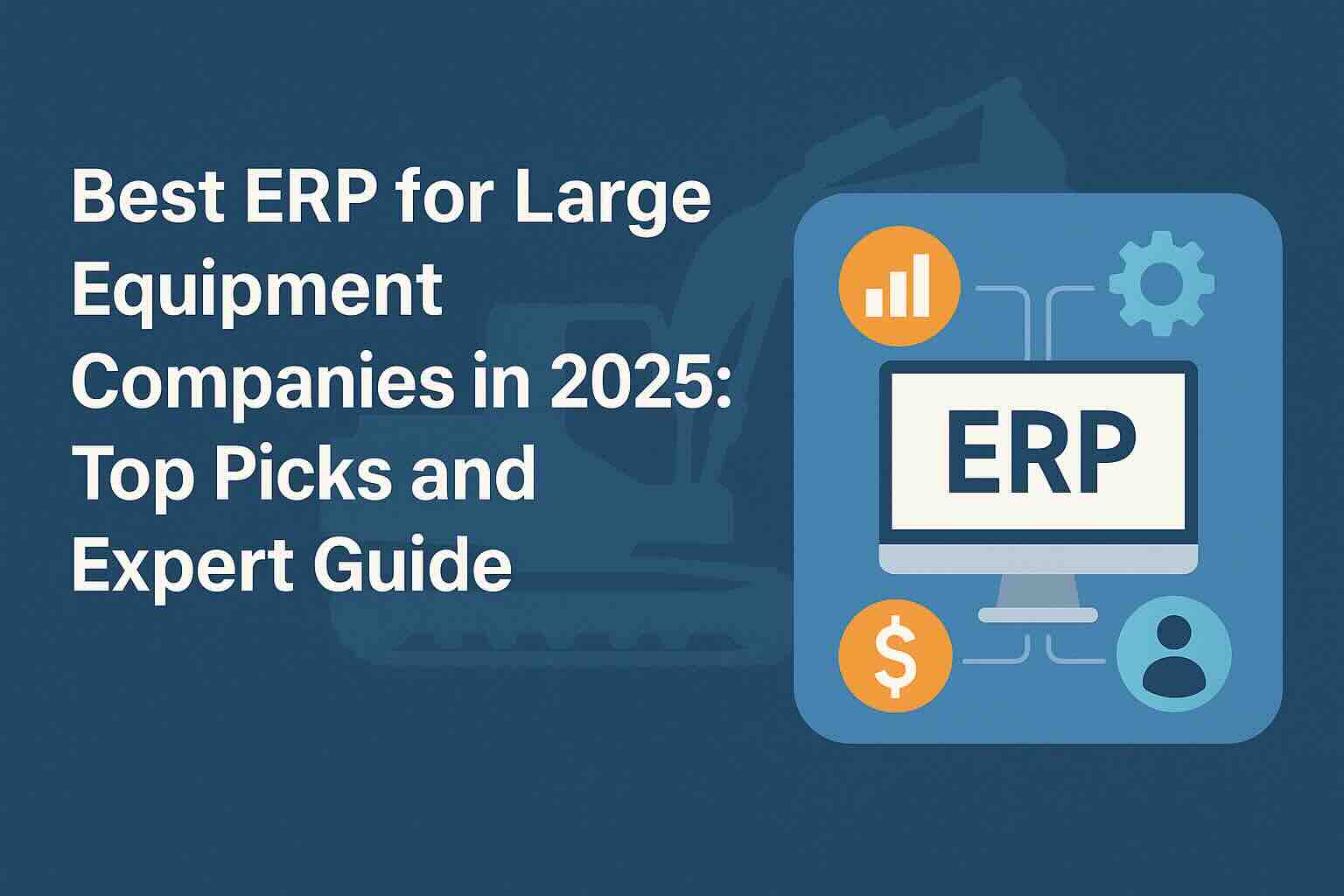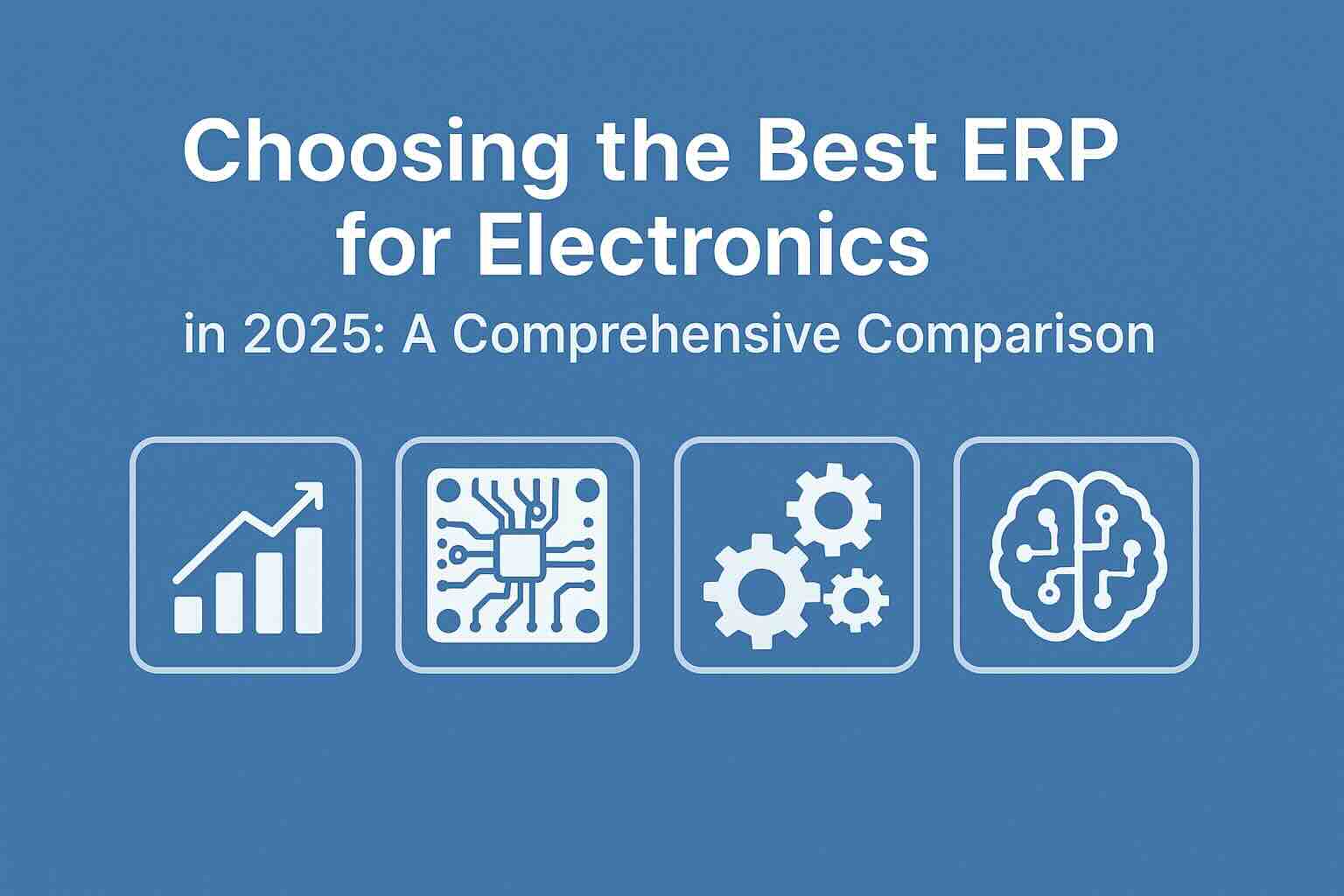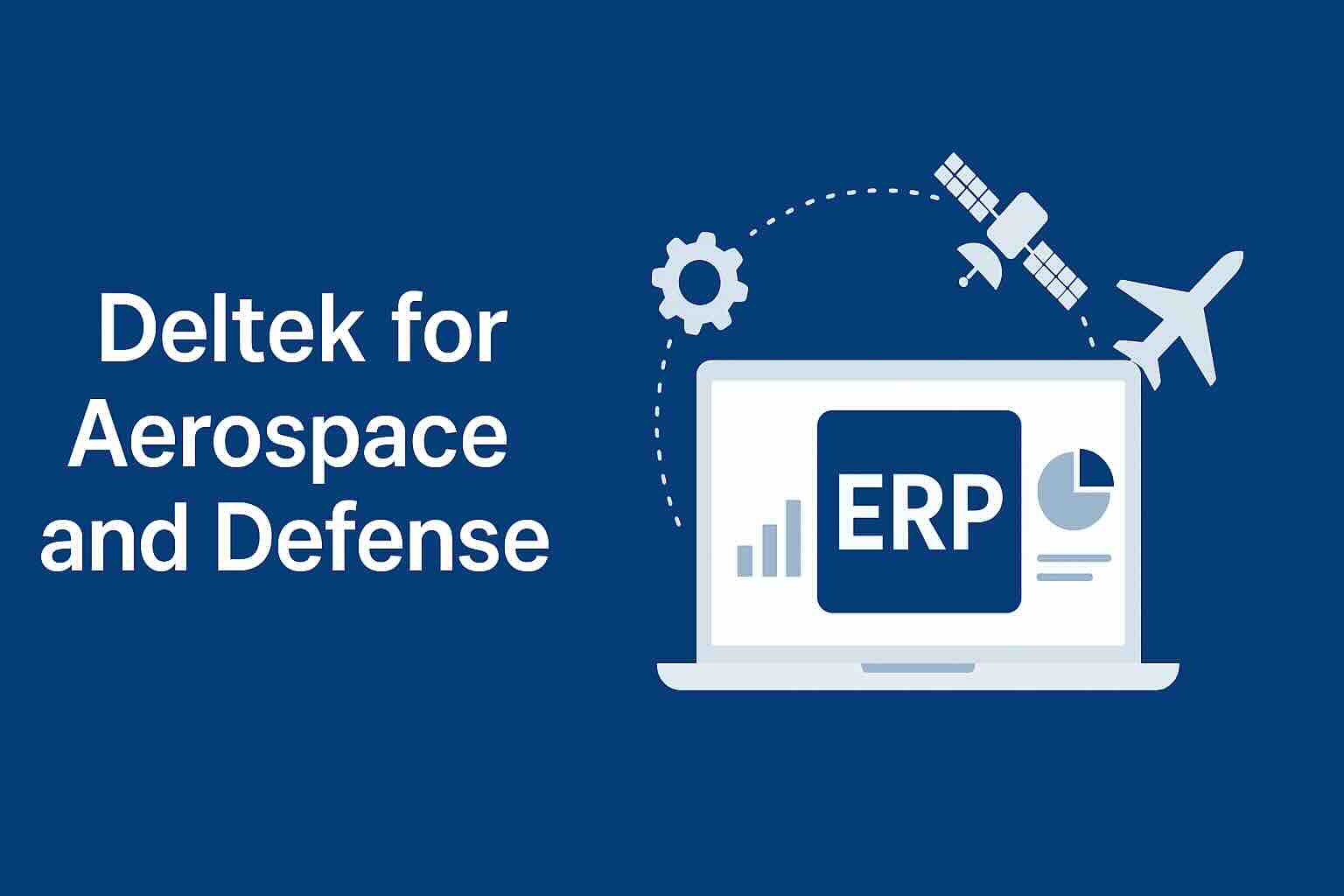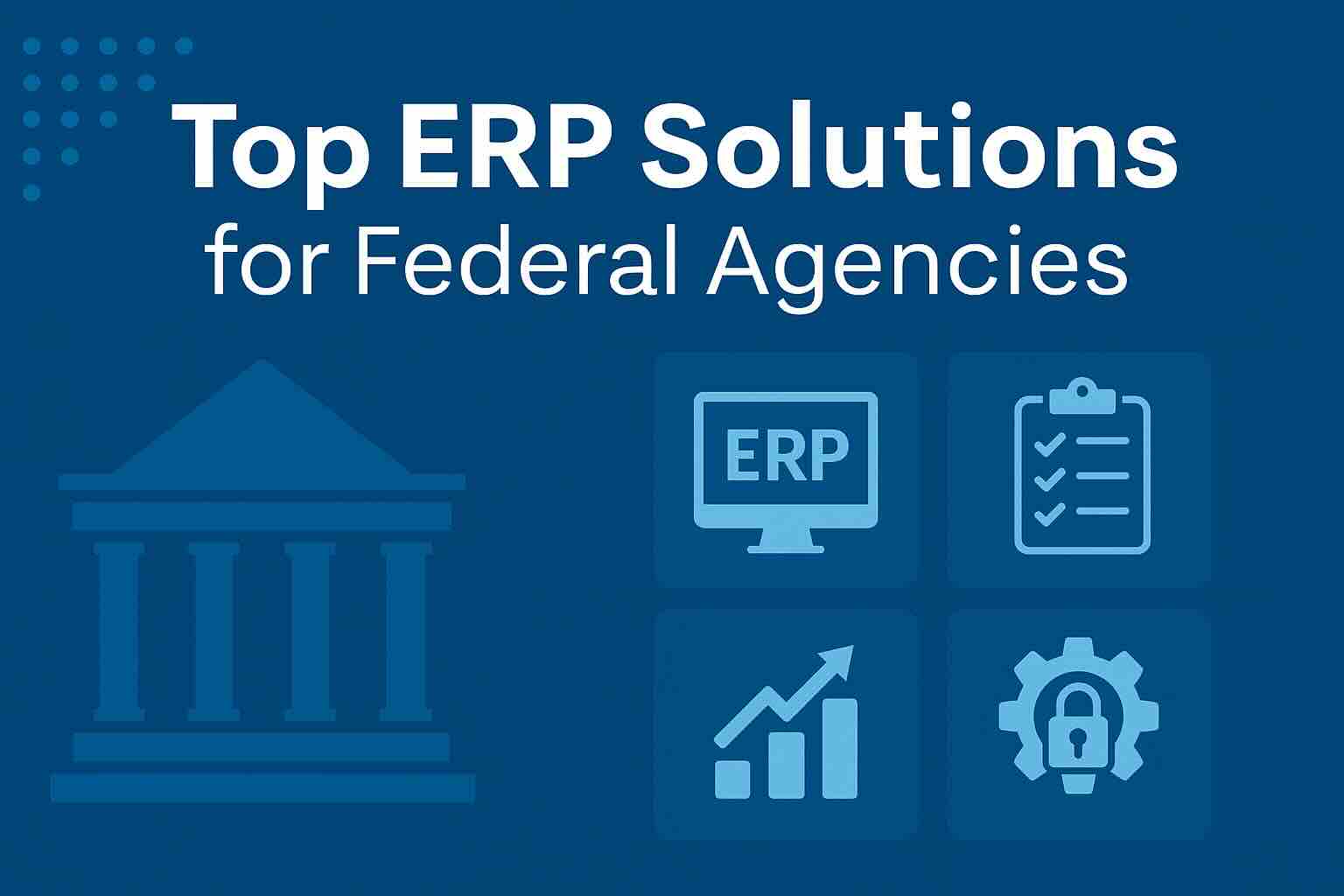Top 5 Finance Systems in Australia

Enterprise Resource Planning (ERP) systems are essential for modern businesses aiming to integrate and streamline their operations, especially in finance. Australia, with its advanced business ecosystem, is home to a range of ERP solutions that cater to industries of all sizes. These systems help businesses manage financial planning, accounting, and compliance while ensuring efficiency across various departments.
Here are the top 5 ERP finance systems in Australia that stand out for their functionality and ability to cater to the financial needs of businesses.
1. SAP S/4HANA Finance
Overview:
SAP S/4HANA Finance is a leading ERP finance system designed for large enterprises with complex financial needs. Its robust platform integrates finance, operations, and analytics, providing organizations with a single source of truth for decision-making.
Key Features:
- Real-Time Financial Insights: AI-driven analytics deliver predictive insights and operational intelligence.
- Automated Financial Processes: Simplifies repetitive tasks such as reconciliation and accounts payable.
- Compliance and Risk Management: Ensures adherence to Australian financial regulations and global standards.
- Integration Across Departments: Seamlessly connects finance with supply chain, HR, and procurement modules.
Why It’s Popular:
SAP S/4HANA Finance is ideal for large corporations and government institutions requiring advanced features, scalability, and global compliance capabilities. Its real-time analytics and automation tools set it apart as a premier choice for managing complex financial operations.
To find out more about SAP S/4HANA click this link.
2. Oracle NetSuite ERP
Overview:
Oracle NetSuite is a cloud-based ERP solution that provides end-to-end financial management for businesses. With a strong presence in Australia, it serves startups, SMEs, and large enterprises with its flexible and scalable architecture.
Key Features:
- Comprehensive Financial Management: Covers budgeting, forecasting, and financial planning.
- Real-Time Reporting: Provides accurate, up-to-the-minute insights for better decision-making.
- Global Capabilities: Supports multi-currency and multi-entity financial operations.
- Customizable Dashboards: Tailored views of financial and operational metrics.
Why It’s Popular:
NetSuite is highly regarded for its flexibility and ability to scale with businesses as they grow. Its cloud-based nature and customizable features make it a top choice for Australian businesses seeking an agile ERP solution.
To find out more about Netsuite click this link.
3. Microsoft Dynamics 365 Finance
Overview:
Microsoft Dynamics 365 Finance is a cloud-based ERP solution designed to optimize financial processes for businesses of all sizes. It integrates seamlessly with other Microsoft applications, making it a familiar and easy-to-use option for many Australian organizations.
Key Features:
- Predictive Analytics: AI and machine learning tools for better financial forecasting.
- Process Automation: Automates billing, budgeting, and expense management.
- Integrated Ecosystem: Works seamlessly with Office 365 and Power BI for enhanced productivity and reporting.
- Scalability: Adapts to the changing needs of businesses, from startups to large enterprises.
Why It’s Popular:
Dynamics 365 Finance appeals to businesses looking for a unified platform that integrates finance with sales, marketing, and operations. Its AI-driven insights and ease of integration with other Microsoft tools make it a powerful ERP option.
To find out more about Microsoft click this link.
4. Infor CloudSuite Financials
Overview:
Infor CloudSuite Financials is a modern ERP system tailored to meet the needs of industries such as healthcare, manufacturing, and retail. Its advanced financial and analytics capabilities help businesses maintain strong financial health.
Key Features:
- Financial Planning and Analysis: Helps create accurate budgets and forecasts.
- Advanced Reporting Tools: Enables detailed insights into financial performance.
- Cloud-First Approach: Offers the flexibility of cloud deployment for better accessibility.
- Industry-Specific Modules: Provides tailored solutions for industries like hospitality, healthcare, and more.
Why It’s Popular:
Infor CloudSuite Financials is known for its intuitive user interface and industry-specific capabilities. Australian businesses value its ability to align financial processes with unique operational needs.
To find out more about Infor click this link.
5. Workday Financial Management
Overview:
Workday Financial Management is an innovative ERP finance system that delivers real-time insights and analytics. It focuses on flexibility and user-centric design, making it particularly suitable for dynamic and fast-growing businesses in Australia.
Key Features:
- Real-Time Financial Data: Offers live insights into financial performance and cash flow.
- Unified Platform: Combines finance, HR, and operational data for comprehensive visibility.
- Automation and Compliance: Simplifies processes while adhering to Australian regulations.
- Global and Multi-Currency Support: Ideal for companies with international operations.
Why It’s Popular:
Workday stands out for its ease of use, real-time analytics, and ability to integrate finance with HR and other departments. It’s especially popular among businesses looking for a future-ready ERP solution with high adaptability.
To find out more about Workday click this link.
How to Choose the Right ERP Finance System
When selecting an ERP finance system for your business, consider the following:
- Business Size and Complexity: Ensure the ERP system can scale with your operations.
- Integration Needs: Look for systems that integrate seamlessly with existing tools.
- Industry Requirements: Choose ERP systems with features tailored to your industry.
- Cloud vs. On-Premise: Decide whether a cloud-based or on-premise solution suits your business model.
- Budget: Compare pricing models, including subscription and licensing costs.
Conclusion
ERP finance systems are the backbone of modern financial management, offering tools to streamline processes, improve compliance, and provide actionable insights. In Australia, systems like SAP S/4HANA Finance, Oracle NetSuite, and Microsoft Dynamics 365 Finance lead the market with their advanced features and adaptability. Whether you’re a startup or a large enterprise, choosing the right ERP finance system can empower your business to thrive in a competitive landscape.
To compare these finance solutions and many more, you can use our new AI-powered Compare ERP tool. It’s free to use and you get a guaranteed discount on your first year’s licence fees with a referral from Compare ERP.









